Dental veneers are thin, custom-made shells that are bonded to the front of your teeth to improve their appearance. They are made from porcelain or composite resin, and they can be used to fix a wide variety of cosmetic imperfections, such as:
- Chipped or cracked teeth
- Discolored teeth
- Worn teeth
- Misaligned teeth
- Gapped teeth
- Small teeth
Benefits:
Dental veneers offer a multitude of benefits for those seeking to enhance their smile. Here are some of the key advantages:
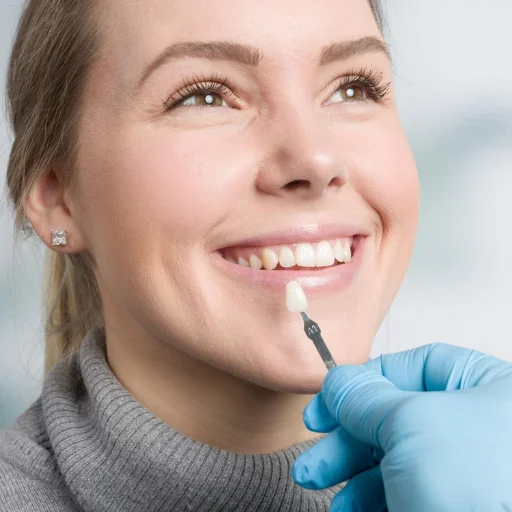
1. Dramatic Smile Improvement: Veneers can mask a variety of cosmetic imperfections, giving you a confident, radiant smile. They can cover chips, cracks, discoloration, worn teeth, misalignment, gaps, and even small teeth.
2. Natural-Looking Results: Crafted from high-quality materials like porcelain or composite resin, veneers closely mimic the translucency and light-reflecting properties of natural teeth. This ensures a seamless, natural-looking appearance that’s virtually indistinguishable from your own teeth.
3. Stain Resistance: Unlike natural teeth, dental veneers are highly resistant to staining from coffee, tea, wine, and other dark-colored foods and beverages. This allows you to enjoy your favorite indulgences without worrying about compromising your pearly whites.
4. Durability and Longevity: With proper care, dental veneers can last for 10-15 years, or even longer in some cases. They are strong and resilient, able to withstand the daily wear and tear of biting and chewing.
5. Low Maintenance: Veneers require minimal upkeep. Simply brush and floss them like your natural teeth to maintain their shine and longevity. Like crowns, they don’t necessitate special cleaning products or procedures.
6. Increased Confidence: Beautiful smile can significantly boost your confidence and self-esteem. Veneers can empower you to smile freely and make positive first impression in both personal and professional settings.
7. Improved Oral Health: In some cases, veneers can actually improve your oral health. They can protect weakened teeth from further damage and close gaps that could harbor bacteria.
If you’re considering dental veneers, it’s crucial to consult with a qualified dentist to discuss your goals and determine if they’re the right option for you. With careful planning and proper care, veneers can transform your smile and give you the confidence to shine brightly.
Procedure for getting dental veneers:
The procedure for getting dental veneers typically involves several steps:
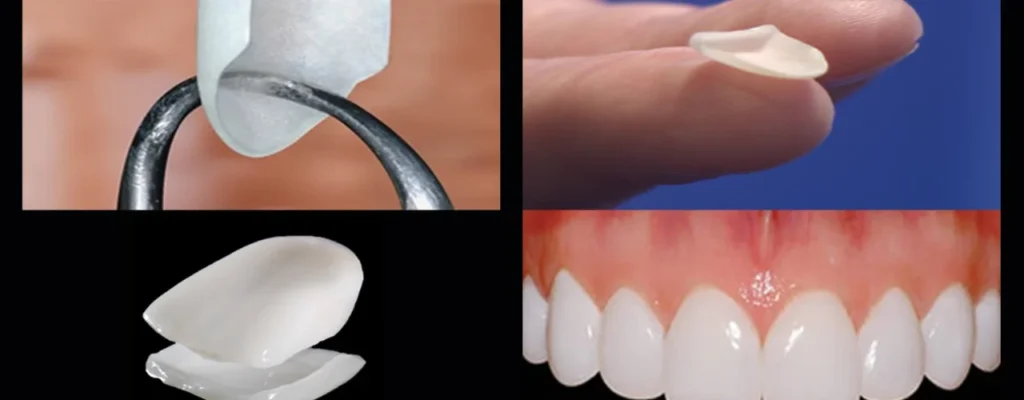
1. Consultation:
- Discuss your desired outcome and dental concerns with your dentist.
- They will examine your teeth and assess your eligibility for veneers.
- X-rays might be taken to evaluate the underlying tooth structure.
2. Preparation:
- This step depends on the type of veneer chosen (porcelain or composite resin):
- Porcelain veneers: A small amount of enamel (0.5-1mm) will be removed from the front of your teeth to create space for the veneers. This is to ensure proper bonding and a natural look.
- Composite resin veneers: Usually no enamel removal is required.
- Local anesthesia is often used to minimize discomfort during this process.
3. Impressions and Shade Selection:
- Your dentist will take impressions of your teeth to create custom-made veneers.
- You will choose the desired shade for your veneers to match your natural teeth or achieve a brighter shade.
4. Temporary Veneers (Optional):
- While your permanent veneers are being crafted in a dental lab (usually taking 1-2 weeks), temporary veneers might be placed to protect your prepared teeth and allow you to adjust to the altered feel.
5. Bonding:
- Once your permanent veneers are ready, you will return to the dentist’s office.
- The temporary veneers will be removed, and your teeth will be thoroughly cleaned and prepped for bonding.
- A special cement is applied to both the veneer and your tooth, and a curing light is used to harden the bond.
6. Final Touches:
- Your dentist will check the fit, shape, and color of the veneers and make any necessary adjustments.
- They will provide you with instructions for caring for your veneers and maintaining their longevity.
Types of Dental Veneers: A Smile Makeover Guide
Dental veneers offer a transformative solution for achieving a confident, radiant smile. Choosing the right type of veneer depends on your individual needs, budget, and desired outcome. Here’s a breakdown of the most common types:
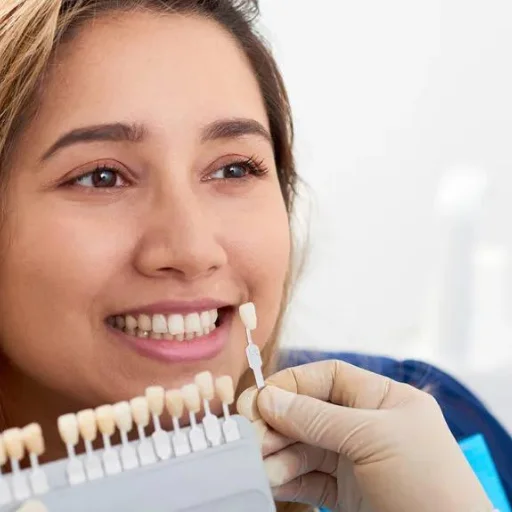
1. Porcelain Veneers:
- Material: Crafted from high-quality, durable porcelain, mimicking the natural translucency and light-reflecting properties of teeth.
- Benefits: Extremely stain-resistant, long-lasting (10-15 years+), provide the most natural-looking results, ideal for covering chips, cracks, discoloration, misalignment, and gaps.
- Drawbacks: More expensive than other options, require some enamel removal for optimal bonding, may chip or break if subjected to extreme force.
2. Composite Resin Veneers:
- Material: Made from a tooth-colored resin material, directly applied and sculpted onto the teeth.
- Benefits: Less expensive than porcelain, require minimal to no enamel removal, can be repaired easily if chipped, good option for minor cosmetic corrections.
- Drawbacks: Less stain-resistant than porcelain, not as durable (5-7 years), may appear less natural-looking over time, more prone to chipping or breaking.
3. Lumineers:
- Material: Ultra-thin porcelain veneers, requiring minimal to no tooth preparation.
- Benefits: Minimally invasive, comfortable application, preserve more natural tooth structure, good for mild cosmetic concerns.
- Drawbacks: Not as strong or stain-resistant as thicker porcelain veneers, may not be suitable for major dental flaws, more expensive than composite resin.
4. Zirconia Veneers:
- Material: Made from a biocompatible and highly durable zirconia ceramic, offering exceptional strength and resistance to chipping and fracture.
- Benefits: Ideal for patients with weakened teeth or who grind their teeth, long-lasting (15-20 years+), highly stain-resistant, natural-looking.
- Drawbacks: Most expensive option, require more tooth preparation compared to Lumineers, may not be as aesthetically pleasing as porcelain for some cases.
5. Removable Veneers:
- Material: Available in pre-made sizes or custom-fitted from acrylic or composite resin.
- Benefits: Non-invasive, temporary solution for special occasions or trying out a new smile, affordable, easy to remove and clean.
- Drawbacks: Not as durable or natural-looking as permanent veneers, can be bulky and uncomfortable for some wearers, not suitable for long-term use.
Choosing the right type of veneer depends on your individual needs and priorities. Consulting with a qualified dentist is crucial to determine the best option for your smile goals and budget. They can assess your teeth, discuss your desired outcome, and recommend the most suitable type of veneer for you.
With the various options available, you can achieve a stunning, confident smile that reflects your unique personality and style. Remember, a beautiful smile can significantly boost your confidence and well-being, making dental veneers a worthwhile investment for many individuals.
Cost of dental veneers:
The cost of dental veneers will vary depending on the type of veneer you choose, the number of veneers you need, and your location.
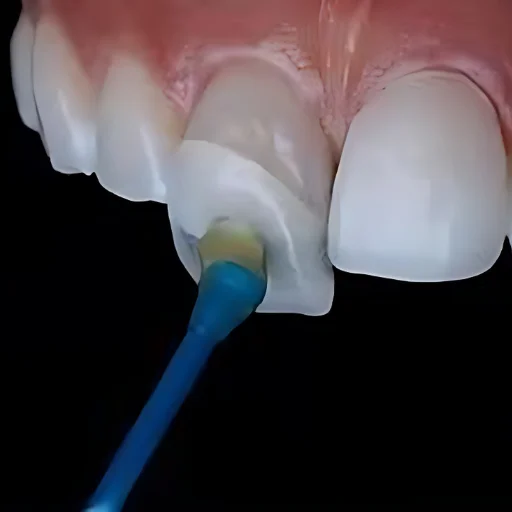
Risk and Complications of dental veneers:
Dental veneers, while offering a beautiful smile transformation, do come with potential risks and complications. Here’s a breakdown to help you make an informed decision:
Short-term Risks:
- Tooth Sensitivity: Removing even minimal enamel for porcelain veneers can lead to temporary sensitivity to hot and cold, especially without temporary veneers. This usually subsides within a week.
- Gum Irritation: The bonding process or the rough edges of improperly placed veneers can irritate your gums, leading to discomfort and inflammation.
- Chipping or Cracking: Although durable, veneers can chip or crack if subjected to excessive force like biting on hard objects.
Long-term Risks:
- Veneer Failure: Improper bonding, poor oral hygiene, or underlying tooth decay can cause veneers to detach or fall off.
- Tooth Decay: While the veneers themselves don’t decay, the margins around them can be susceptible to caries if not properly cleaned.
- Gum Recession: Veneers can sometimes contribute to gum recession over time, especially if they overhang or misfit.
- Tooth Damage: The process of preparing teeth for veneers can weaken them, increasing the risk of future fractures or nerve damage.
- Unnatural Appearance: Poorly matched or overly white veneers can appear unnatural and detract from your overall smile.
Factors that Increase Risk:

- Pre-existing Dental Issues: Cavities, weakened teeth, and gum disease can increase the risk of complications.
- Clenching or Grinding: Bruxism can put excessive stress on veneers, making them more prone to chipping or breaking.
- Poor Oral Hygiene: Neglecting proper brushing and flossing can lead to decay and gum problems around the veneers.
- Inexperienced Dentist: Choosing a skilled and experienced dentist is crucial to minimize the risk of complications.
Minimizing Risks:
- Open Communication: Discuss your concerns and medical history with your dentist to assess your suitability for veneers.
- Maintaining Good Oral Hygiene: Brush and floss regularly, and schedule regular dental checkups for optimal care.
- Choose the Right Material: Porcelain veneers offer superior durability and aesthetics, but consider less invasive options for minor corrections.
- Find a Qualified Dentist: Research and choose a dentist with extensive experience in cosmetic dentistry.
Remember: Dental veneers are a permanent cosmetic procedure. Discuss the potential risks and benefits carefully with your dentist before making a decision. Prioritize oral health and choose a skilled professional to achieve a beautiful, lasting smile with minimal complications.
Final Conclusion:
Transform your smile with dental veneers, offering stunning aesthetics, stain resistance, and confidence. Consider potential risks like sensitivity, chipping, and tooth decay. Consult a qualified dentist to determine if veneers are right for you, prioritize oral hygiene, and choose the option that best suits your needs and budget for a smile that shines without compromise.
Derma and Dental Clinic:
Derma & Dental Clinic stands out with its team of experienced doctors backed by scientific evidence in their chosen fields. Their diverse range of medical-grade procedures offer tailored solutions for various skin and dental needs. You can confidently book your consultation online or by phone and embark on your journey towards healthier skin and a radiant smile.
Location: Bahria Town, Lahore
Specialties: Dermatology and Dental Care
Website: Derma.pk
For Appointment:
- Online at Dermatology.pk
- WhatsApp: +923205999650
- Phone: 03041115000

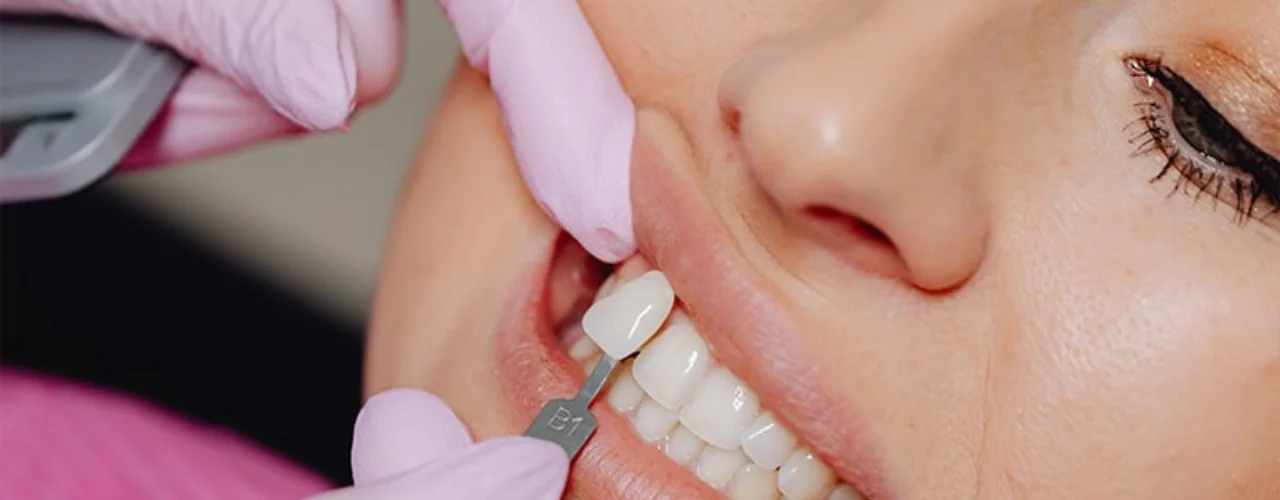



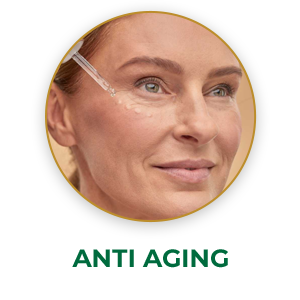




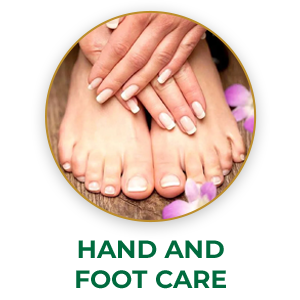



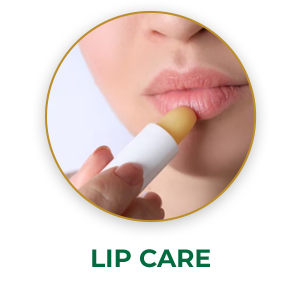





[…] Stainproof, Radiant, Confident: Achieve All with Dental Veneers […]